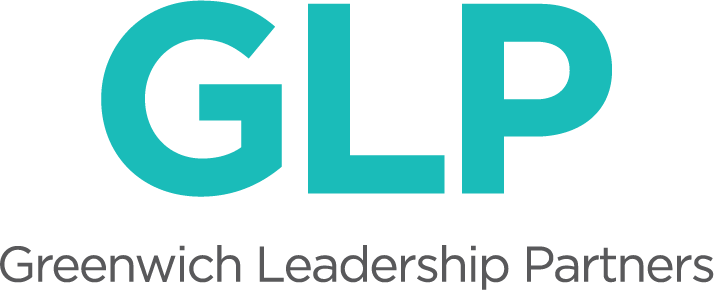People often ask me what I like best about my job and my first answer is usually something about how I get to work with great people. Yes, I love schools, and yes, I am passionate about education, fascinated by leadership and and always thinking about how change happens, but most of all, I love these things when I can talk about them with great people and make amazing things happen.
One of my favorite great people is Dr. Tony Wagner. A dear friend and a fabulous mentor, Tony has helped shape my thinking through lots of big questions and collaborated with me on numerous projects. I knew I had found a kindred spirit in 2012 during our first ever conversation over lunch in Cambridge MA. As we started with a big question - “Are we headed for a dramatic change in work, the economy, and education?” - we discovered we were both among the few who had read Race Against the Machine and believed it would prove prescient. It’s been a joyful adventure ever since!
Collaborating and learning often starts with a conversation - one that begins with, or provokes, a question and then seeks to define the problem. One of the topics Tony and I correspond on regularly is how our changing world demands deep rethinking of how we educate and what student outcomes matter most. Here’s one such example in a recent email exchange between me and Tony in which he was reading the Common Core State Standards and sharing his thoughts about how they are applied and assessed in innovative/non-traditional schools, for example High Tech High, Big Pictures Schools, New Tech Network Schools, Expeditionary Learning, etc. I asked him if I could share the conversation and some nuggets of his wisdom. Here goes:
TONY: The problem [with the Common Core State Standards] comes with prescribing what students should learn more specifically and when - content standards. And the second problem, of course, is the testing.
1) The performance standards cannot be tested by multiple choice - only by open-ended tasks, judged by people. We're not doing this because it costs too much to do it for every kid, every year, though all of these school networks (non-traditional/innovative) are doing this, which is why they are getting such good results.
2) The high stakes nature of the tests will create a test-prep curriculum and squeeze everything else out.
The other problem with the standards is the issue of student motivation...What these innovative and non traditional school environments do that stands out, in addition to using performance assessments, is connect content to kids' real interests and what is happening in the world around them. They understand that high standards are useless if students aren't motivated to achieve them. It all still comes down to what gets tested is what gets taught. What is measured is all that matters.
STEPHANIE: It's like we are trying to codify and cement national standards at exactly the wrong time - when schools are undergoing radical change and the very purpose of education and the outcomes we hope to achieve are in a fluid state. If we could work backwards from the outcomes we agree are most important - and simply agree on some point in time when they should be assessed (and how), perhaps we could start this process all over again - and design the kind of education we really need going forward.
Tony, you love to remind us that we must first define the problem properly. What do you think is the first or best question we need to pose to do this?
TONY: The first problem, as Thomas Friedman says, is to understand what world we are living in. Then, given this new reality, what are the outcomes that matter most - what should students know and be able to do to thrive in this new world as citizens, workers, and learners. Third, what kind of assessment/accountability systems will measure and incent these outcomes? And finally, how might we best support educational R&D and change teacher prep to create schools that deliver these new results?
These are the critical questions/challenges in my view. Others?
STEPHANIE: One question I might also add is what have we learned about how young people learn today that transforms our approach to teaching? I think this is important because we know more now about the brain (and we keep learning more every day) and also because our new world has shifted some of the ways in which kids find, process and engage with information.
It's validating for me that the questions you articulate are often the ones I use when I am engaged to do strategic thinking with schools. The hard part for schools is always the third question (how might we best support educational R&D and change teacher prep to create schools that deliver these new results?). This is where teacher prep and professional development come into play and creating a climate for change - people change when they see the need and the potential benefits. How do we help educators, parents and business leaders embrace the need to change? And how can we support them in crafting the solutions?
TONY: Yes, and I agree with your adding the question about student learning. It's essential.
Readers: What would you add? What would you change? How would you define the problem and what questions would you pursue? Please weigh in!
